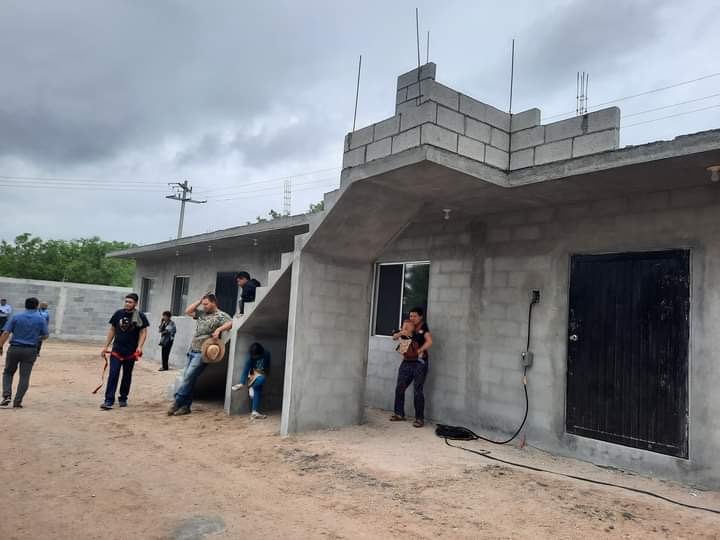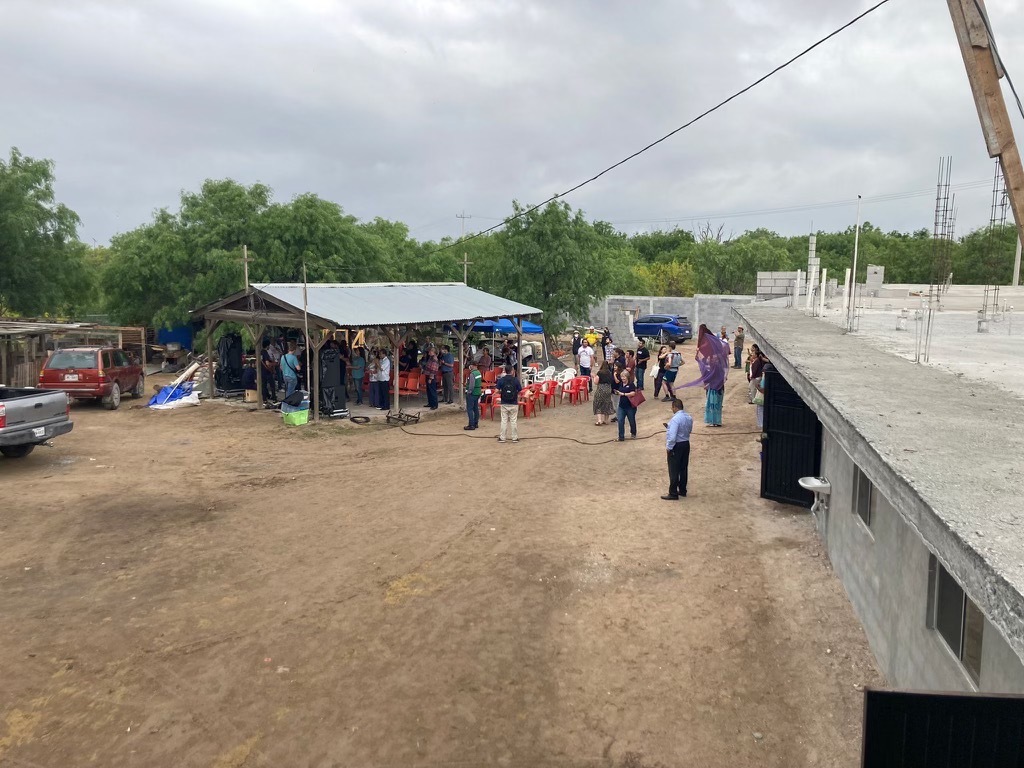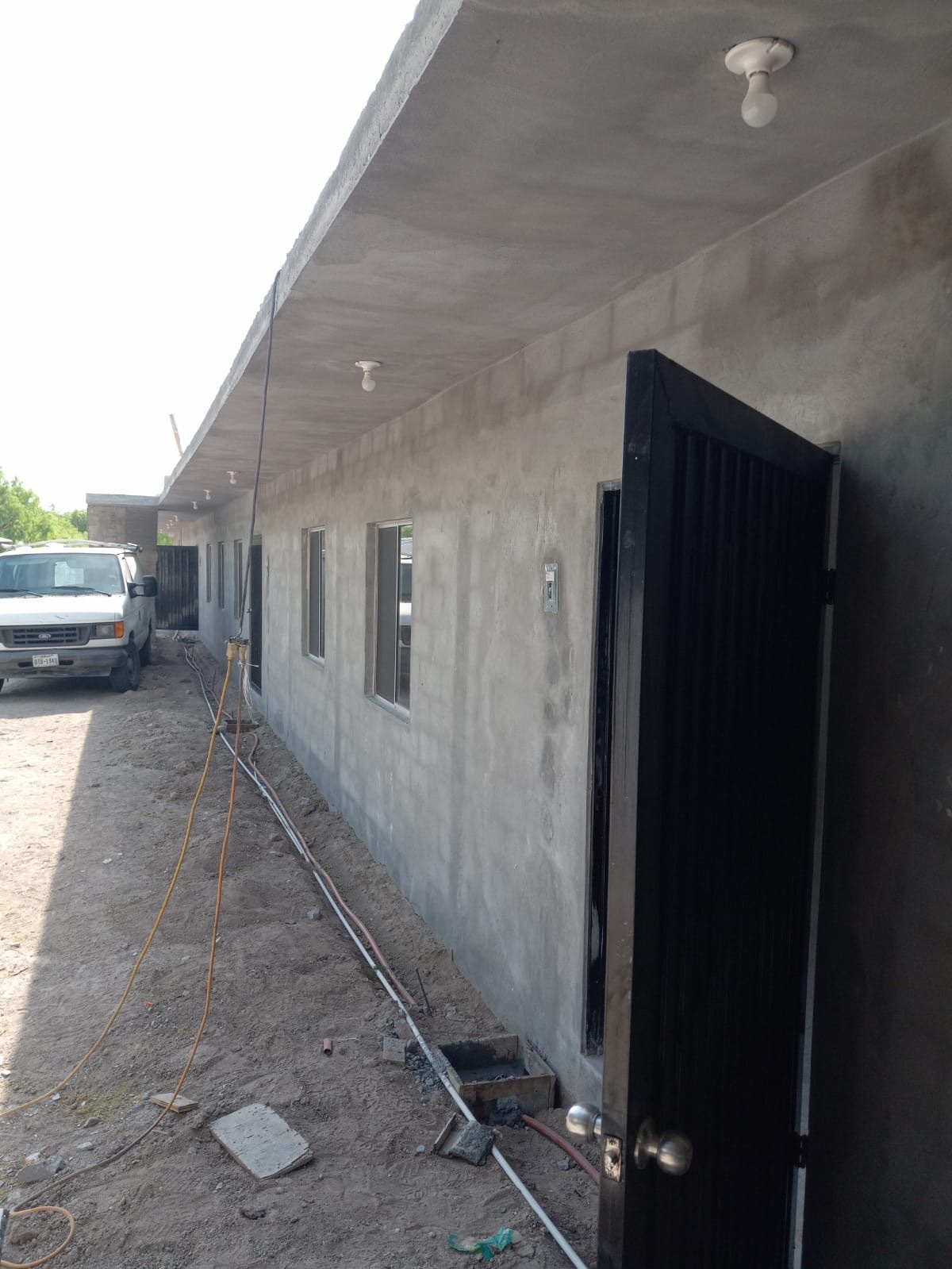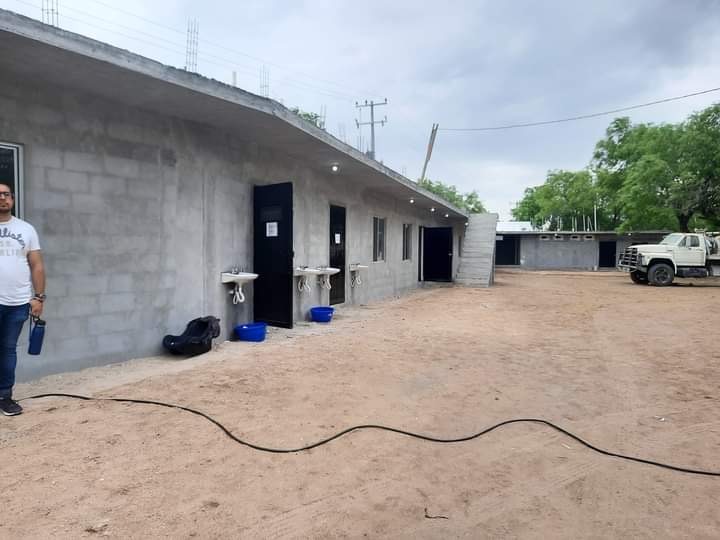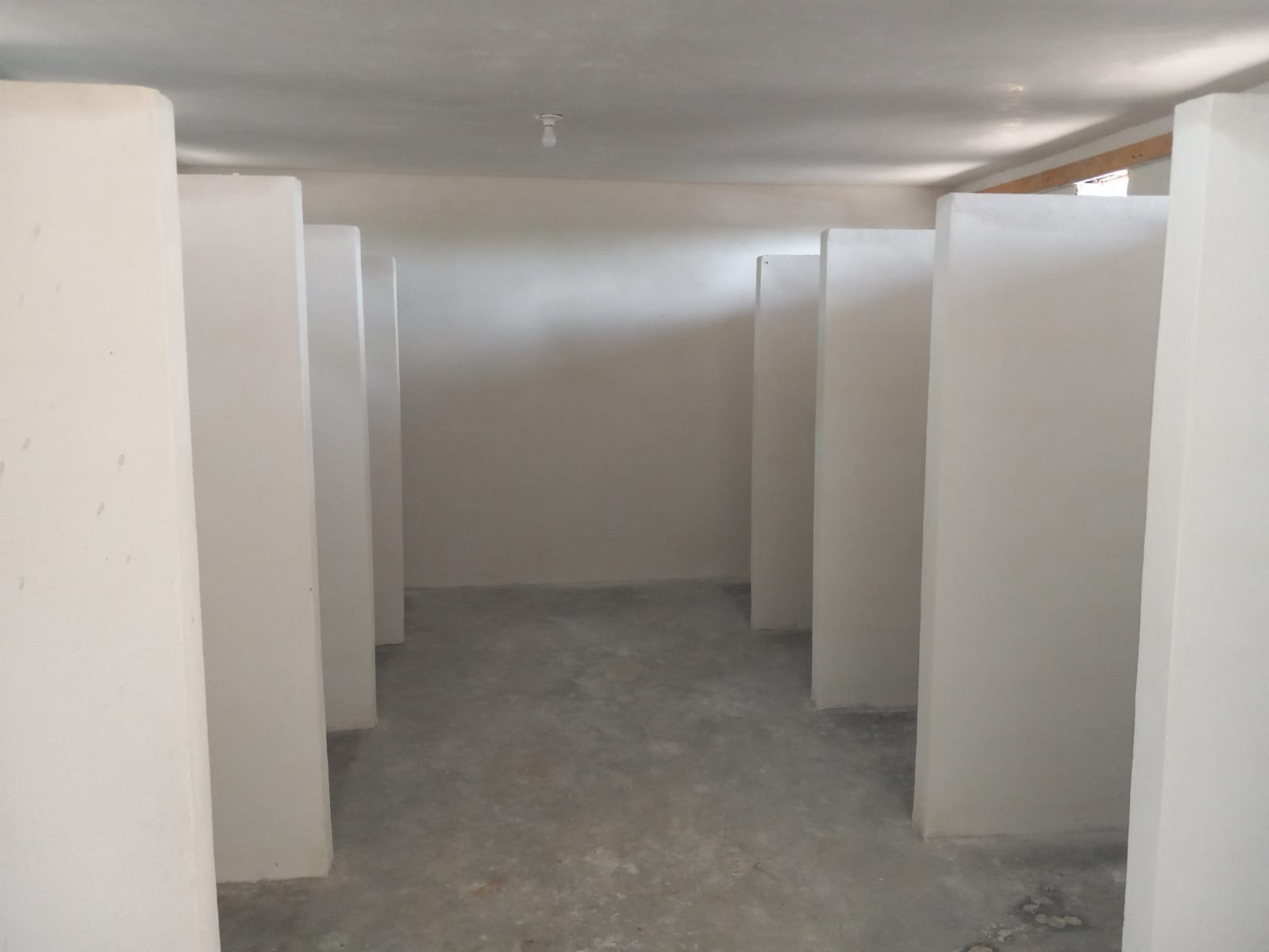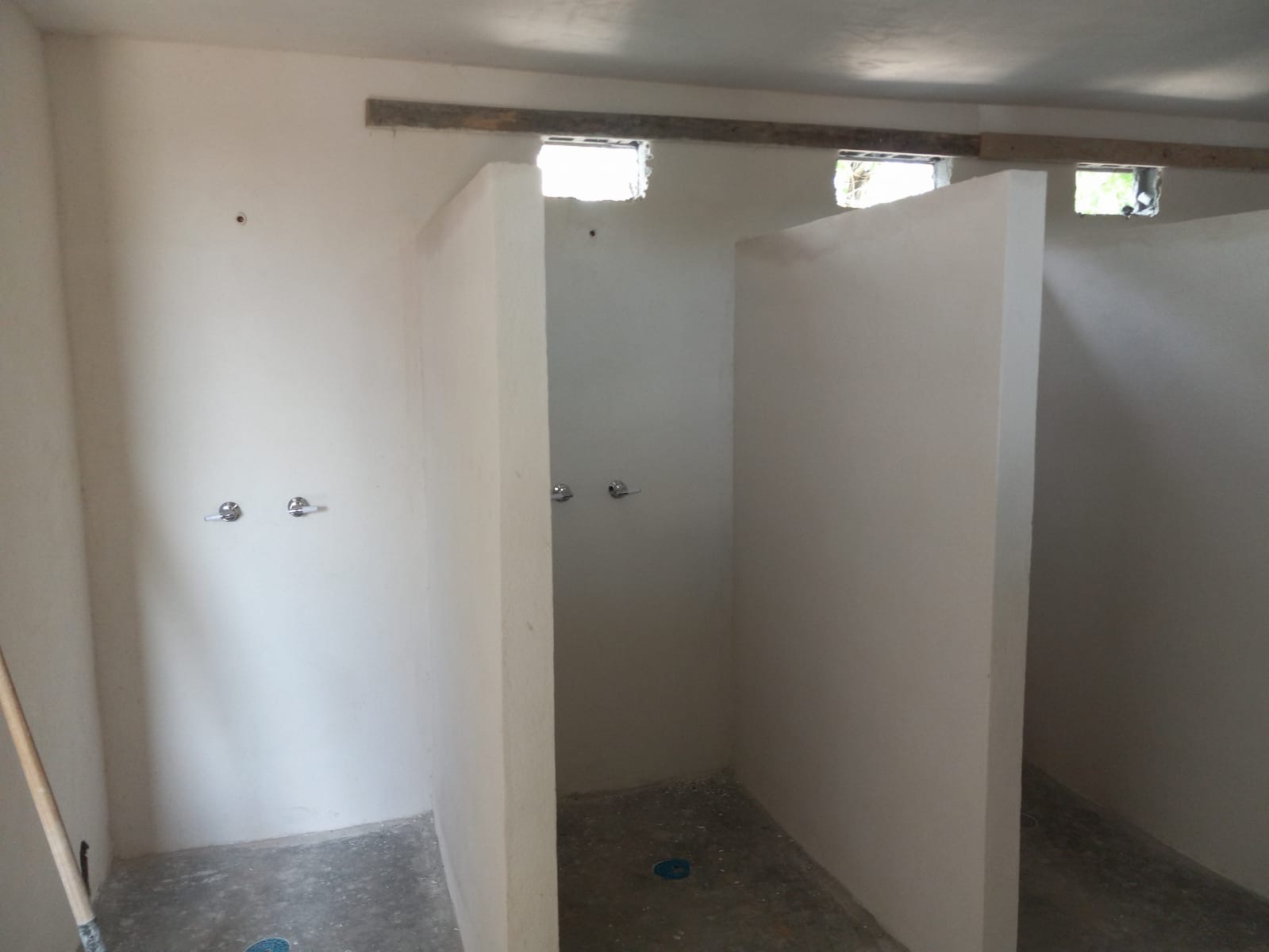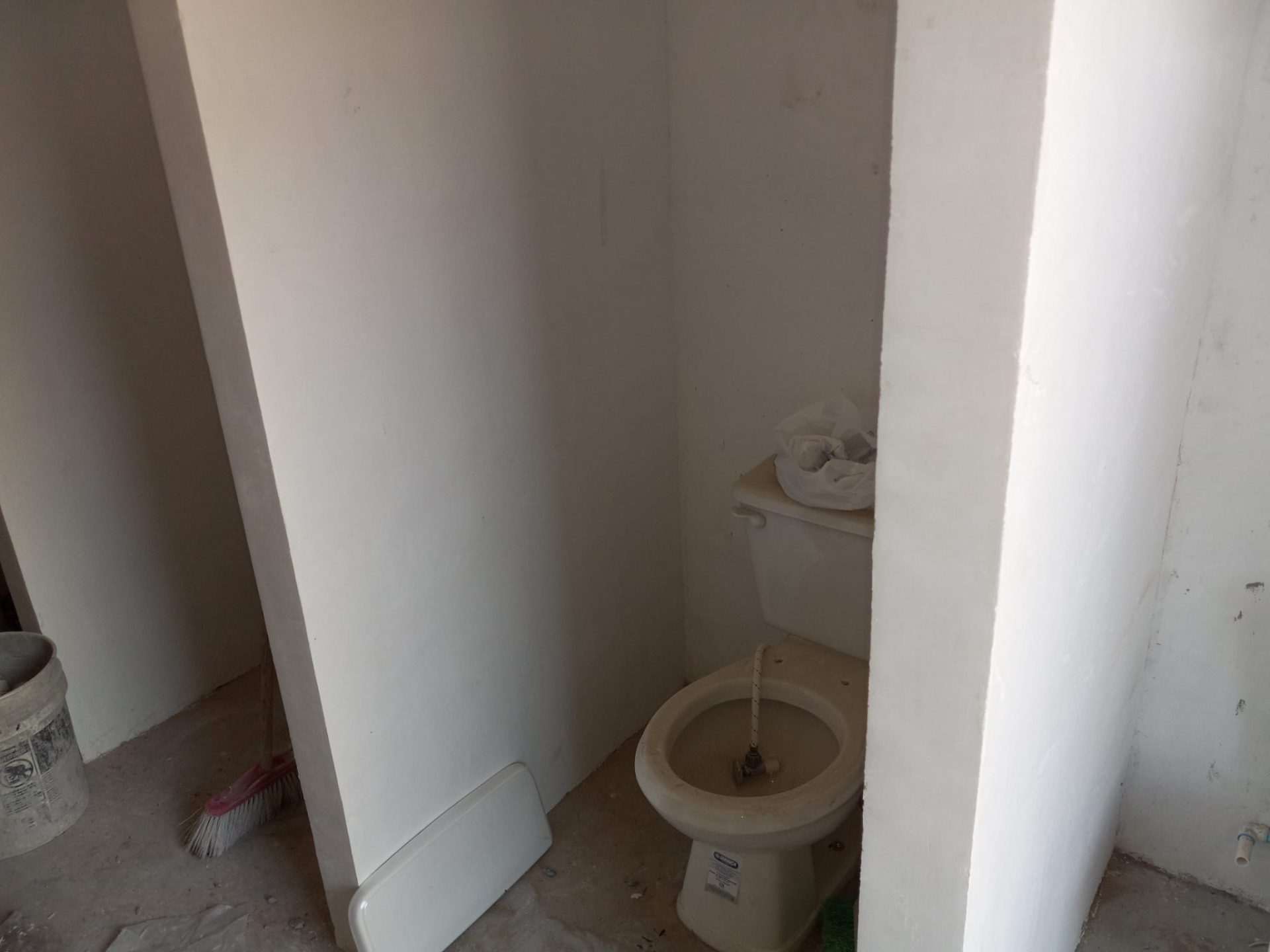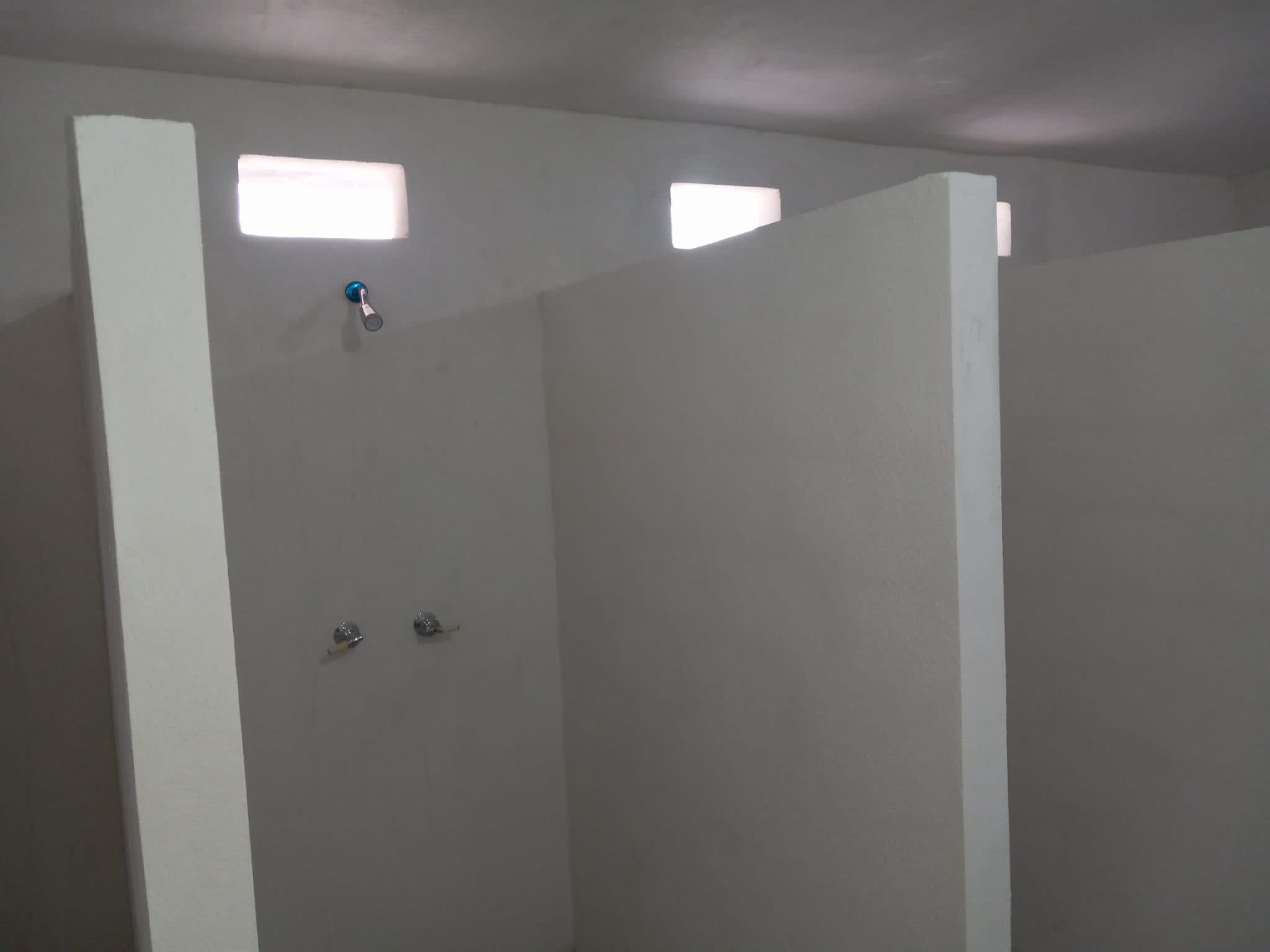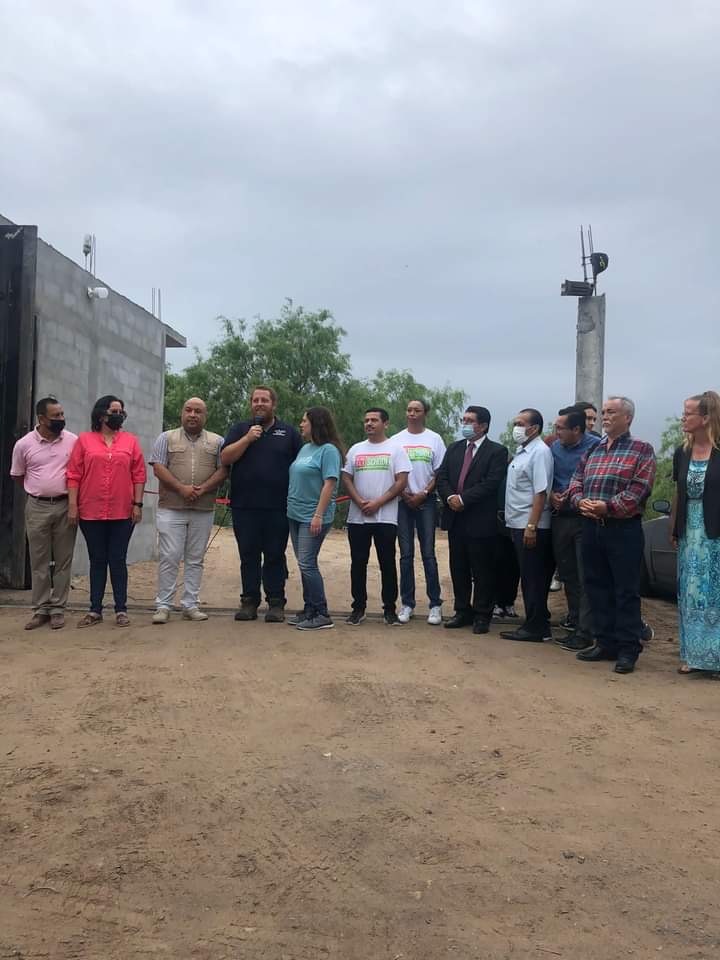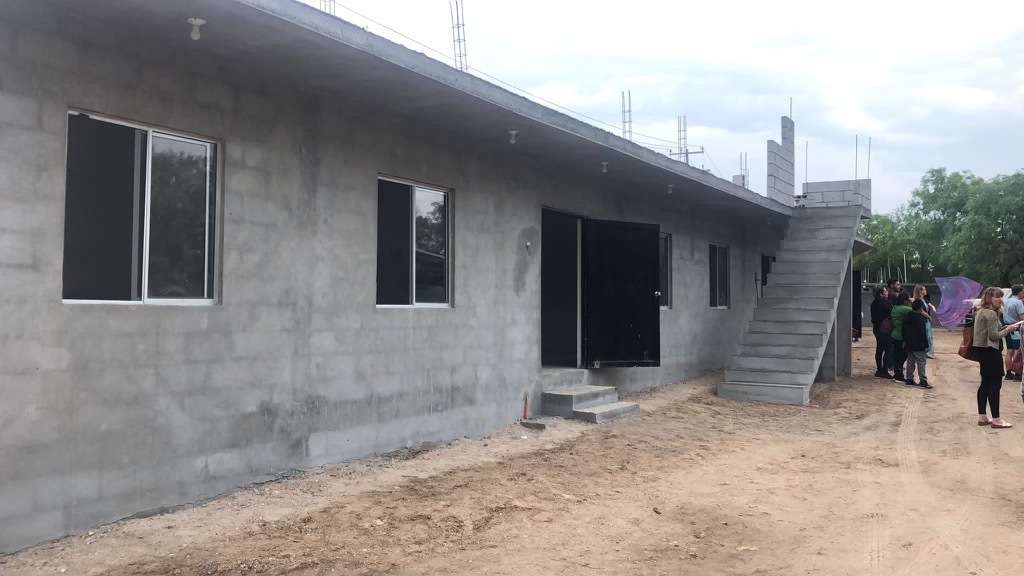About three months after its groundbreaking, a celebration was held in Reynosa on Wednesday morning to inaugurate a newly constructed migrant shelter.
“It all came together very quickly,” Felicia Rangel-Samponaro, a co-founder of the Sidewalk School and project partner, said Wednesday.
She said it took about three months to build.
“And the last month, the construction crew was working seven days a week to make all this possible,” she added. “They were working 10- and 12-hour days to make this possible.”
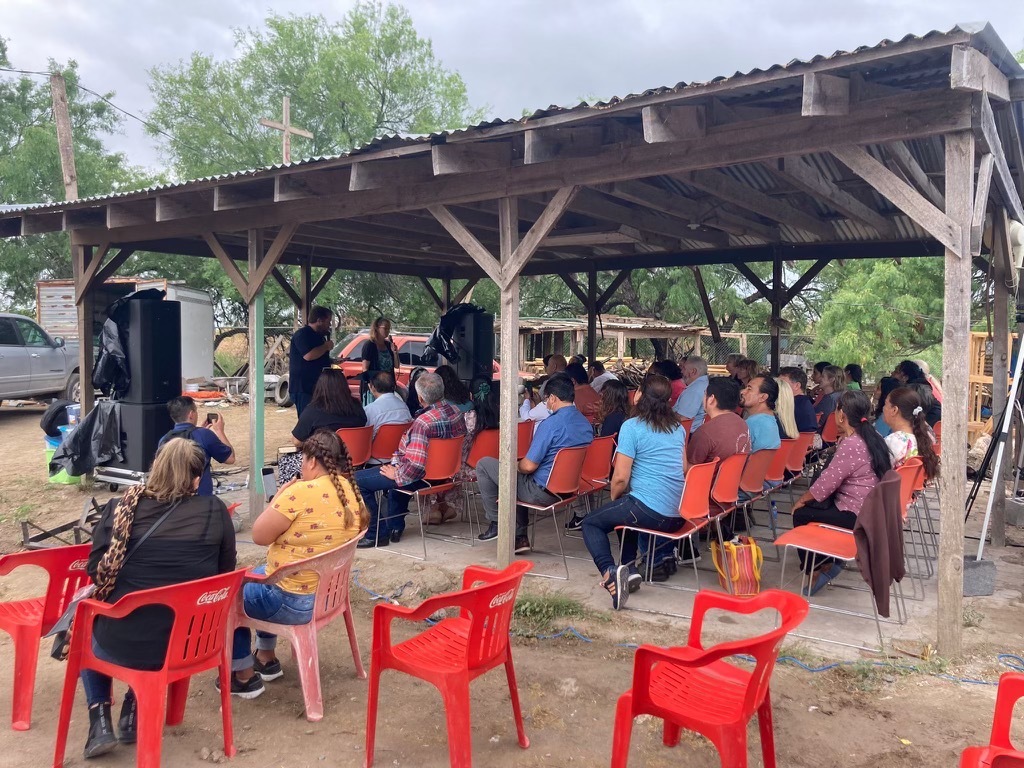
This comes after migrant crossings at the U.S.-Mexico border saw an uptick of 33% from February to March, the Associated Press reported, citing CBP data. Non-governmental organizations and governments on both sides of the border are preparing for an increase at the end of May when the U.S. announced they will lift a pandemic-induced policy that bars migrants from seeking asylum.
The shelter was the result of a partnership between Kaleo International and the Sidewalk School; though the shelter has the support of other non-governmental organizations whose representatives showed up to pray and give thanks for the new opportunity to provide safe shelter for vulnerable families.
Hundreds of migrants continue to live in an encampment that formed in a Reynosa plaza a block away from the bridge, but over time, safety deteriorated.
“The goal is always to hopefully get the Reynosa encampment to come to an end,” Rangel-Samponaro said. “But the shelter is some sort of relief for the families so they’re not living outside in the middle of the city, unprotected, out in the open, 24/7, where they’re kidnapped, assaulted, and where they have to bathe on a corner in front of passing cars.”
Women and children will be offered the opportunity to move into the shelter that can currently house about 250, according to Pastor Joshua Muse, director of Kaleo International.
“We built five dormitories, a shower room for women, staff office and apartment, bathrooms, 10 toilets for men and 10 for women,” Muse said. “There’s also the kitchen being built right now and men’s showers for when we have families. We now have water and electricity.”
The construction marks the end of the first phase, but the first week of May will mark the second part that will include a second floor in the dormitory, a dining hall, and a multi-purpose room that will be created for church, school and community gatherings.
Migrant families will be invited to stay as of Wednesday, though the dormitories for now only include mats.
“We ran out of money for bunk beds. So we need bunk beds, but once we have them we’ll be able to house 50 people per room. So, roughly 250 people is what we can host in the first level,” Muse explained.
Donations are sought to help cover expenses that continue to accumulate.
“We still need donations of bunk beds, mattresses, bath towels, hygiene kits, COVID tests, if anyone feels moved to donate that, that would be great,” Rangel-Samponaro said.
Unlike the donations given to migrant families in the encampment, those at the shelter are expected to go further.
“Their stuff won’t get ruined like in tent cities,” Rangel-Samponaro said. “If you donate to this shelter in particular, the donations can be reused.”
The shelter, itself, is planned to be repurposed when it outlives its original purpose as a migrant shelter.
Kaleo International, a Christian based organization, offers help to vulnerable populations in Reynosa and will be designating the building to help women out of poverty in the future.
“We’re very honored for the privilege of getting to do this and we’re very honored to be able to help and serve,” Muse said. “We’re there for our community here in Mexico, but also for the migrant families. We want them to know we’re there for them.”

